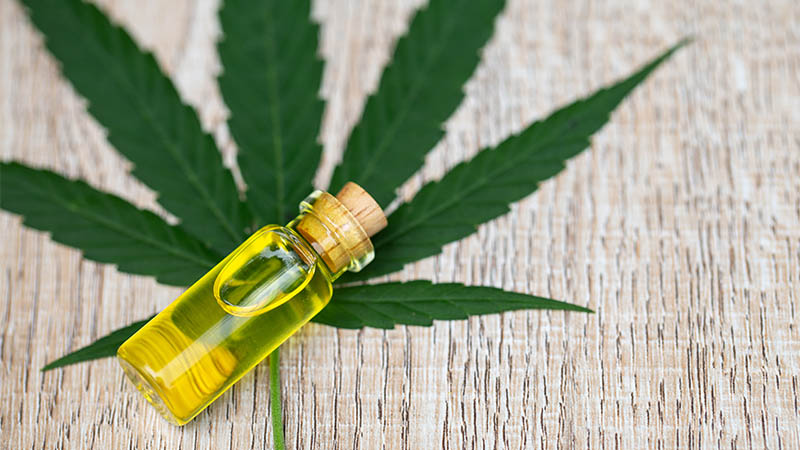Brands are always looking for ways to stand out in the CBD market, which is growing very quickly. One effective strategy is offering White Label CBD products—ready-made formulations that businesses can customise with their branding and sell as their own. While this approach speeds up market entry and reduces development costs, it also comes with a crucial responsibility: ensuring consistent quality. Quality control is the backbone of success in the White Label CBD sector, influencing everything from consumer trust to regulatory compliance.
Why Quality Control Matters in White Label CBD
Quality control is more than just a production step—it’s the framework that safeguards the integrity of the product and the brand. For White Label CBD products, the reputation of the brand is directly tied to the supplier’s ability to maintain consistent quality. Any lapses can result in negative reviews, lost customers, and even legal issues.
Given the health and wellness nature of CBD products, consumers expect safe, effective, and reliable items. This means ensuring that each batch meets set standards for potency, purity, and safety. Brands that fail to enforce strict quality control measures risk damaging not only their reputation but also the credibility of the CBD industry as a whole.
Key Components of Quality Control in CBD Production
- Ingredient Sourcing
The raw materials are what make a product of good quality. Hemp plants should be sourced from reputable farms that follow best practices, such as organic farming and sustainable cultivation. Testing raw materials for contaminants like heavy metals, pesticides, and mold is an essential first step. - Manufacturing Standards
Good Manufacturing Practices (GMP) provide a framework for consistent production quality. Partnering with a White Label CBD supplier that adheres to GMP ensures that every product is manufactured under strict hygiene, safety, and process control protocols. - Potency and Purity Testing
CBD products must contain the advertised levels of cannabinoids and be free from harmful substances. Independent, third-party lab testing verifies that the product’s potency matches its label and that it’s free from contaminants. This transparency not only builds trust but also supports compliance with legal requirements. - Packaging and Label Accuracy
Quality control also extends to the final packaging stage. Accurate labeling with clear ingredient lists, potency information, and usage instructions is critical. This ensures consumers can make informed decisions and helps brands stay compliant with CBD regulations.
Building Consumer Trust Through Quality Assurance
When there is a lot of competition in the market, customer trust is very important. By always making safe and useful goods, brands can become known as trustworthy names in their domain. Customers can be sure they’re getting a high-quality White Label CBD product when they can see lab test results, approval seals, and clear product information.
Trust makes customers loyal, encourages them to buy again, and spreads good word of mouth, all of which are important for a business’s long-term growth.
Compliance and Legal Protection
Different parts of the world have different rules about CBD goods. Ensuring strict quality control helps businesses follow these laws, which lowers the chance of expensive recalls or legal battles. Keeping track of every step of the quality control process shows that a brand is up to par with industry standards. This protects the brand if there are concerns about the safety or accuracy of the product.
The Competitive Edge of Quality Control
In the CBD industry, which is very competitive, the quality of the product is often what makes the difference between success and failure. Brands that prioritise quality control gain a competitive advantage by offering products that consumers can rely on. This not only boosts sales but also positions the brand as a leader in the White Label CBD space.
By investing in quality at every stage—from sourcing and manufacturing to testing and packaging—businesses can differentiate themselves in a saturated market.
Final Thoughts
Quality control is not an optional step in the journey of a White Label CBD product—it is the foundation of success. It builds trust, ensures compliance, and enhances brand reputation, all while delivering a safe and effective product to the consumer. For brands looking to thrive in the CBD industry, prioritising quality control is not just good business practice—it’s essential for long-term growth and sustainability.




